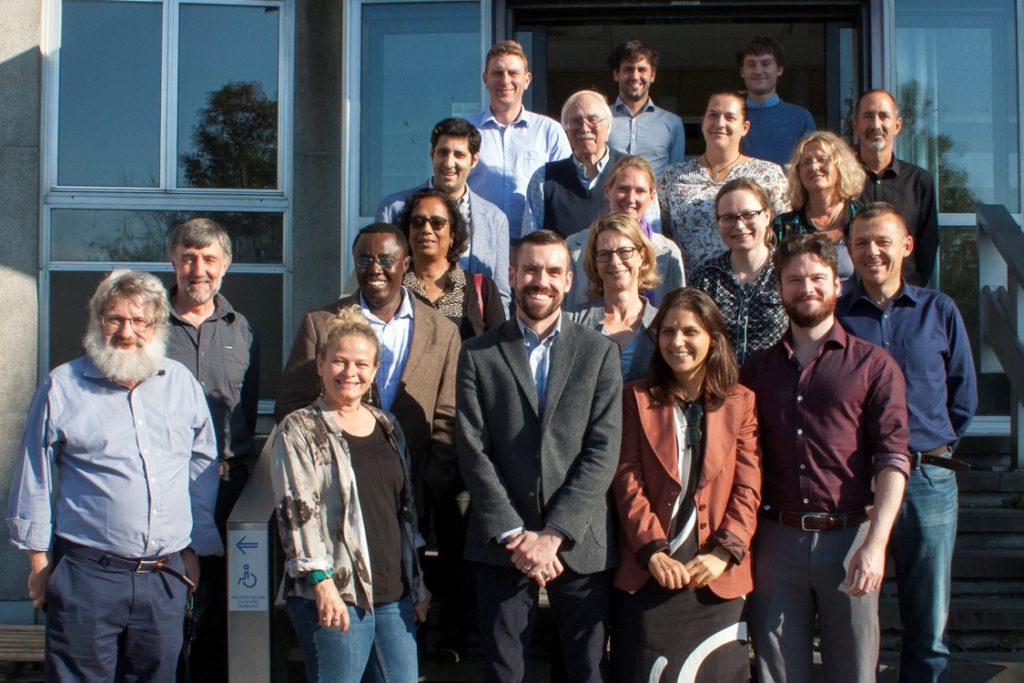The Appraising Risk Partnership is an international collaboration of scholars and researchers dedicated to exploring the critical role of climatic crises in the past and future of the Indian Ocean World, led by Prof. Gwyn Campbell from the Indian Ocean World Centre at McGill University. With generous support from the Social Sciences and Humanities Research Council of Canada, the partnership seeks to create a comprehensive spatial and temporal database of human-environment interaction and interdependence during periods of climatic change.

Of the ten countries most at risk of the effects of climate change, six are in the Indian Ocean World (IOW). The IOW contains most of the world’s population, is the region most vulnerable to disease, and is the focus of the planet’s major conflict flashpoints — which can be acutely exacerbated by adverse environmental factors. Environmental change in the IOW is thus of major economic, political and humanitarian concern.
The IOW is profoundly affected by a complex interplay between human and environmental factors — such as the monsoons, the El Niño Southern Oscillation (ENSO), cyclones, and volcanism. As such, it offers a unique laboratory to explore how humans have coped with environmental crises over time. In this ground-breaking and multidisciplinary initiative funded by the Social Sciences and Humanities Research Council of Canada (SSHRC), leading scholars, experts, and students in collaboration with 21 Partner Organizations around the world will investigate the greatest periods of environmental crises in the IOW from the mid-6th century CE to the present day.
The ‘Appraising Risk, Past and Present’ Partnership aims, for the first time, to
(1) construct past-to-present patterns of human and environmental factors at work before, during, and following each period of crisis in the IOW;
(2) ascertain current and traditional IOW perceptions of environmental risk and risk management; and
(3) use the results of this historical research to enhance currently employed Environmental Risk Perception and Governance (ERPG) protocols.
Currently employed tools of environmental risk perception and governance (ERPG) are inadequate as they rely on historically shallow data focused on individual crises and fail to fully consider local IOW concepts of environmental risk. Conventional IOW histories privilege human agency, giving only cursory attention to environmental forces. There is at present no comprehensive model for environmental risk calculation that considers both historical and contemporary scientific data.